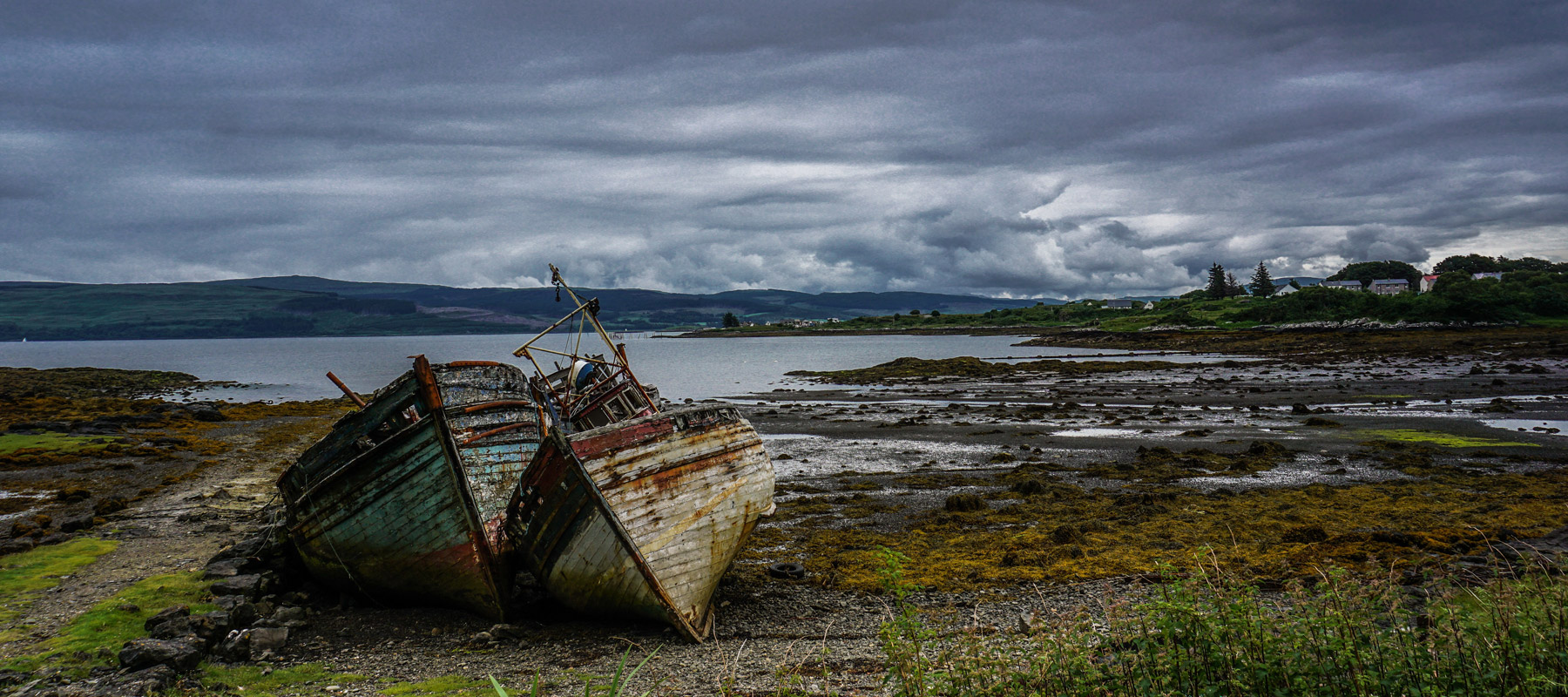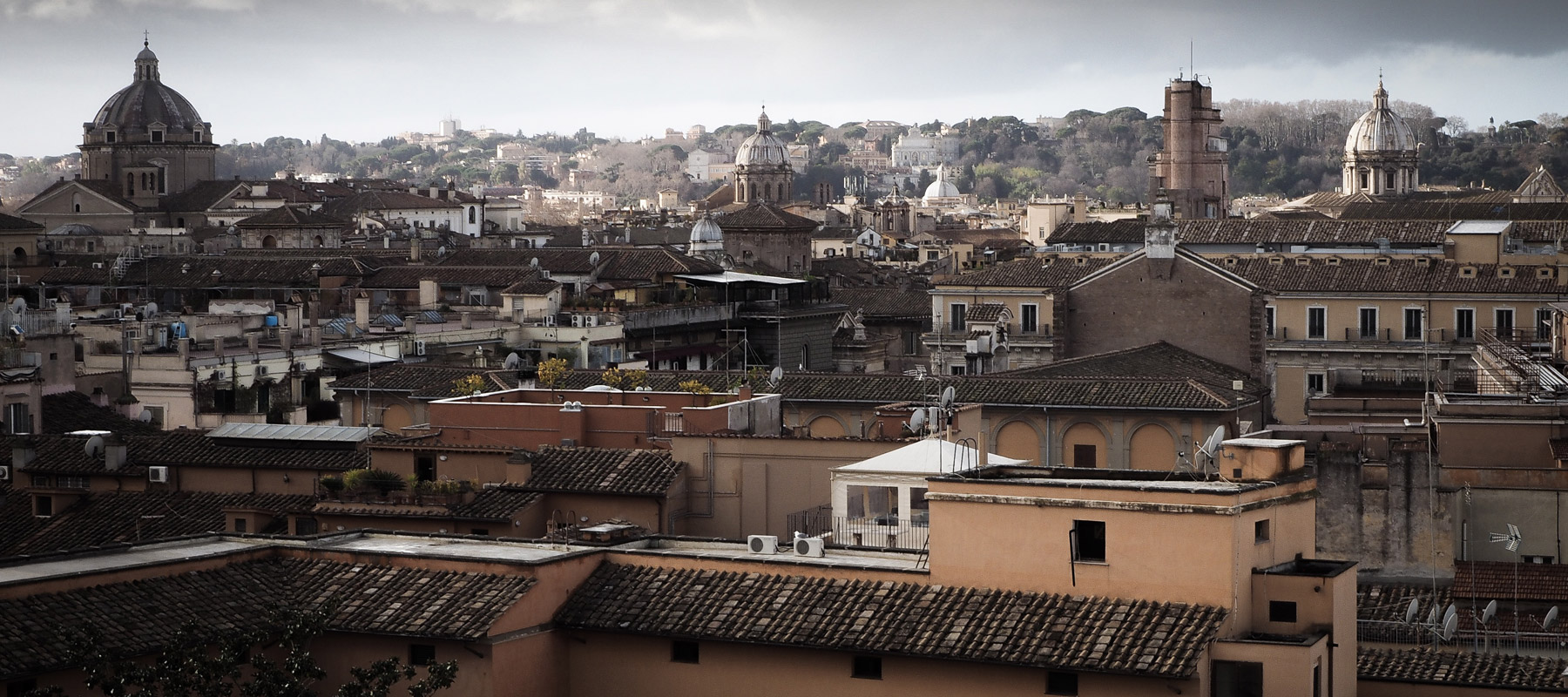A Trapper’s Ghastly Vengeance
About a mile back from the Hudson, at Coxsackie, stood the cabin of Nick Wolsey, who, in the last century, was known to the river settlements as a hunter and trapper of correct aim, shrewdness, endurance, and taciturn habit. For many years he lived in this cabin alone, except for the company of his dog; but while visiting a camp of Indians in the wilderness he was struck with the engaging manner of one of the girls of the tribe; he repeated the visit; he found cause to go to the camp frequently; he made presents to the father of the maid, and at length won her consent to be his wife. The simple marriage ceremony of the tribe was performed, and Wolsey led Minamee to his home; but the wedding was interrupted in an almost tragic manner, for a surly fellow who had loved the girl, yet who never had found courage to declare himself, was wrought to such a jealous fury at the discovery of Wolsey’s good fortune that he sprang at him with a knife, and would have despatched him on the spot had not the white man’s faithful hound leaped at his throat and borne him to the ground.

Wolsey disarmed the fellow and kicked and cuffed him to the edge of the wood, while the whole company shouted with laughter at this ignominious punishment, and approved it. A year or more passed. Wolsey and his Indian wife were happy in their free and simple life; happy, too, in their little babe. Wolsey was seldom absent from his cabin for any considerable length of time, and usually returned to it before the night set in. One evening he noticed that the grass and twigs were bent near his house by some passing foot that, with the keen eye of the woodman, he saw was not his wife’s.



